When selecting a smartphone, there are several parameters you can consider. Here are some important ones:
- Design: The design of a smartphone includes factors such as build quality, dimensions, and aesthetics. It’s important to choose a design that suits your preferences and needs.
- Display: Consider factors such as size, resolution, refresh rate, and display technology (e.g., LCD or AMOLED) when evaluating different options.
- Hardware: Hardware specifications include the processor, RAM, storage capacity, and GPU. These components determine the performance and capabilities of the device.
- Battery: Battery life is an essential consideration for many users. Look for smartphones with larger battery capacities if you require longer usage times between charges.
- Sensors: Smartphones come equipped with various sensors that enable features such as fingerprint recognition, face unlock, and augmented reality experiences.
- Operating System: The choice of operating system can impact the user experience and available app ecosystem. Popular options include Android and iOS.
- Connectivity: Consider the connectivity options available on a smartphone, such as Wi-Fi, Bluetooth, NFC, and 5G support.
- Network: Ensure that the smartphone supports the necessary network bands for your region and carrier.
- Multimedia: Pay attention to camera specifications (e.g., megapixels, aperture size) and multimedia capabilities (e.g., high-quality audio output) if you enjoy photography or media consumption on your smartphone.
- Price: Set a budget for your smartphone purchase to narrow down your options. Consider devices that offer good value for money within your price range .
These parameters can help you make an informed decision when selecting a smartphone that best suits your needs.
Please note that this is not an exhaustive list, and individual preferences may vary.
